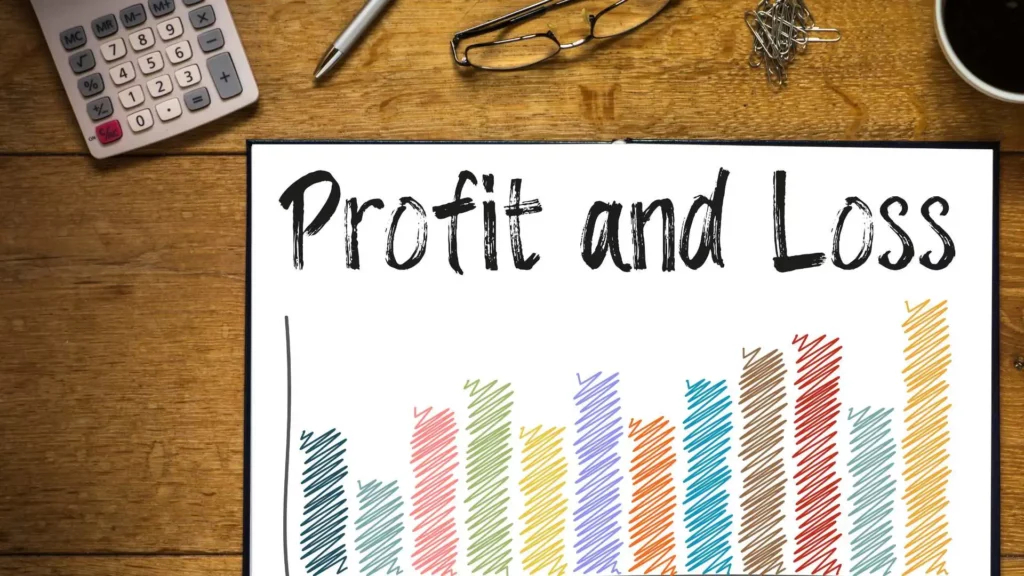Financial literacy and knowledge are important aspects of college life. Many college students may not give much importance to financial topics, but they are an integral part of growing up. Students especially need them to learn how to navigate financial challenges while studying in college. Students of Asian American and Pacific Islander (AAPI) backgrounds can benefit a lot from learning about financial literacy and skills and applying them in daily life.
Learning skills such as creating budgets, saving money consistently, and investing wisely can help set up AAPI students for a lifetime of financial success and independence, and also help them create generational wealth for their families.
We’ve put together a set of tips that can help AAPI grasp financial topics better and enhance their financial literacy. This will further help you understand how to manage your finances better, build a healthy relationship with money, and grow wealth over time.
Why financial literacy is important to AAPI students
Financial literacy means learning and understanding financial topics and skills such as money management, budgeting, investing, growing wealth, etc. When you are financially literate, you are more aware of how to handle your money in a prudent and goal-oriented way, save up for the future, and build wealth rather than look for immediate gratification. Financial literacy can help you as an Asian American or Pacific Islander student to focus on building your wealth and also help your family and community reduce the racial wealth gap that exists at present.
The number of AAPI students who enrolled for a college education grew by 36% between 2000 and 2020. However, at the same time, between 2008 and 2015, poverty rates also increased by 38% among AAPI communities. This is why financial literacy is important as it can help prevent this from happening. We got you covered on financial health tips, but there’s more below for AAPI students on financial literacy.
Here are a few reasons why it is important for AAPI students to enhance their financial literacy:
Many APPI individuals aren’t sure how to access financial advice
A recent study showed that 56% of the AAPI individuals who took part in a survey were not sure of where to get the right financial advice. Data gathered from 2014 showed that about 20% of AAPI individuals were isolated due to language barriers. In a country like the United States where most financial services are provided in English, this problem could pose serious hindrances to individuals and families getting the sound financial guidance they desperately need. Also, not knowing where to get this advice from is another problem. Getting it from the wrong sources could be even more dangerous than getting no advice at all.
Asian American students have higher unmet financial needs
When compared to US college students, Asian American students averaged a higher amount of unmet financial needs. This is with regard to college and university education spanning a period of 4 years. This means the funds available to them were lower than the cost of getting a four-year college education, and the difference between the two was greater than what US college students are experiencing. Increased financial education can help bridge this gap.
Asian Americans are caregivers and support family members
As per the traditions and cultural heritage of Asians, it is important for them to take care of family members. About 1 in 5 Asian Americans offer financial aid to their relatives. About one-third of them are caregivers taking care of parents, their spouses or a relative. Compared to this, only 6% of Americans financially support their relatives and 22% take care of family members. Access to financial literacy can help Asian American communities take better financial care of their relatives and families.
AAPI communities are showing an increase in poverty
The percentage of Asian American and Pacific Islander communities saw an increase of almost 40% between 2007 and 2011. There was a 60% increase in the Native Hawaiian and Pacific Islander communities. On the national scale, among all peoples of color, Southeast Asian Americans have among the highest poverty rates. This is due to fewer people in the community having education degrees. While wholesale changes are needed to improve this situation, individuals among the AAPI communities can help speed up the process and break the poverty cycle by becoming more financially literate.
Education is affected by refugee status
Refugees and migrants who belong to AAPI communities normally don’t have a significant educational background. They are also not as strong in the English language. Considering that they are in a predominantly English-speaking country like the United States, it does have an impact on their economic resources, income and family wealth. Not being fluent in English impacts their understanding of financial topics too. The right financial skills taught in the right manner can help these communities improve their economic conditions.
Here are 4 factors you should consider adopting to cultivate a better relationship with money and improve the economic well-being of yourself and your family.
Start planning for student loans early
Taking a student loan will help pay for your college education. On the flip side, it also means you will spend thousands of dollars every year repaying the loan for years. Some people are still paying off their student loans a decade after graduation. Starting your career in heavy debt can put a dent in your long-term plans. So, the best way to go about this is to start planning for your college education as early as possible. Pick up jobs wherever you can and start saving up money for college. Create a repayment plan while you’re still in college so that you can plan your career and money distribution accordingly.
Take advantage of grants and scholarships
To help AAPI students pay for their college expenses, there are specific grants and scholarships available. See if you qualify for them. Starting your career after college without the weight of a massive college debt hanging on your shoulders can help your career take off perfectly and give you extra money to invest and grow your wealth, leading to long-term financial stability.
Learn to budget your money
Learning to create budgets is a crucial financial skill that can help you stay financially responsible all your life. A budget gives you a framework within which you can spend your money. This way, you’ll know precisely where your money is going and how much you’re spending. Starting with budgeting and managing your everyday expenses in college will give you the experience and understanding you need to handle bigger amounts later.
Start using credit cards
Using credit cards can help you build a good credit score before you start working full-time. Having good credit can help you get better interest rates if you apply for a loan or a mortgage later. But you need to be careful while using credit cards. Make sure you plan your expenses and are always aware of how much credit you’re using. This way, you won’t utilize too much of your available credit and will have enough money to pay the bill at the end of the month. Being unable to pay your credit card bills will land you in massive debt with heavy interest rates and penalties.

























